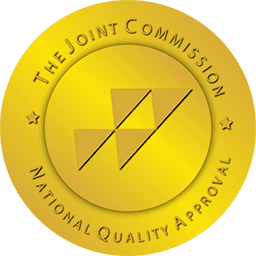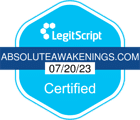For many individuals struggling with addiction, the prospect of seeking treatment can be daunting, not only due to the personal challenges of overcoming dependency but also because of the financial implications. However, residents of New Jersey have the option of utilizing Medicaid for covering the costs of inpatient drug rehab centers in New Jersey that accept Medicaid. Medicaid is a public health insurance program that provides health coverage to millions of Americans, including eligible low-income adults, children, pregnant women, elderly adults, and people with disabilities.
Medicaid coverage for inpatient drug rehab in New Jersey includes a range of treatments such as detoxification, therapy, medication-assisted treatment, and counseling services. To be eligible, individuals must meet certain income and residency requirements, and the rehab center must be approved by Medicaid. Understanding the specifics of what your Medicaid plan covers is crucial, as it may vary based on individual circumstances and the particular Medicaid plan.
It’s important to note that not all inpatient rehab facilities accept Medicaid, so it is essential to do thorough research or speak to a Medicaid representative to identify a Medicaid-approved facility. Absolute Awakenings Treatment Center, LLC supports individuals in taking the first step towards recovery by providing detailed guidance on the process of accessing Medicaid-approved treatment options.
If you or a loved one is seeking to overcome addiction, remember: Yes, You Can Get Your Life Back. Contact Absolute Awakenings Today. With our trained and compassionate professionals in your corner, freedom can be yours. All it takes is you choose yourself. Choosing a better tomorrow.
The Benefits of Choosing Medicaid-Approved Rehab Centers
Opting for Medicaid-approved inpatient drug rehab centers in New Jersey offers numerous benefits that can make a significant difference in the journey to recovery. One of the primary advantages is the financial relief it provides. With Medicaid covering the costs of treatment, patients can focus on their recovery without the added stress of overwhelming medical bills. This is particularly beneficial for those who may have avoided seeking help due to the cost of rehab services.
Another key benefit is the assurance of quality care. Centers that are approved by Medicaid are required to meet strict federal and state guidelines, which means that patients can expect a high standard of treatment. These centers also offer comprehensive care, including access to various therapeutic modalities such as individual counseling, group therapy, and behavioral therapies that are essential for long-term sobriety.
Furthermore, being in a Medicaid-approved facility often means receiving a continuum of care. After completing an inpatient program, patients have better access to follow-up services such as outpatient care, which is crucial for maintaining recovery. This seamless transition can greatly enhance the effectiveness of the overall treatment process.
The availability of medication-assisted treatment (MAT) is also a significant benefit at Medicaid-approved centers. MAT can play a vital role in managing withdrawal symptoms and reducing cravings, thus providing a safer and more comfortable detoxification experience. This integrated approach to addiction treatment ensures that patients receive the most appropriate care for their specific needs.
By choosing a Medicaid-approved rehab center, individuals are empowered to take charge of their health and embark on a path to recovery with the support and resources necessary to achieve long-term success.
Eligibility Criteria for Medicaid in New Jersey Rehab Facilities


Understanding the eligibility criteria for Medicaid in New Jersey is crucial for those seeking addiction treatment at inpatient drug rehab centers. To qualify for Medicaid coverage, individuals must meet specific requirements, which include residency, income, and other factors. Residents of New Jersey must provide proof of state residency, and they should not be covered by any other health insurance plan to be eligible for Medicaid.
Income is another critical factor in determining Medicaid eligibility. The program is designed to assist low-income individuals and families, and as such, applicants must fall within the federal poverty level guidelines. Exact income limits can vary based on household size, age, and disability status among other criteria. Potential applicants can use the New Jersey PEAK online tool to check their eligibility and apply for Medicaid coverage.
Additional eligibility criteria may include citizenship status, as applicants must be U.S. citizens or hold a satisfactory immigration status. Certain groups such as pregnant women, children, the elderly, and individuals with disabilities may also be subject to specific eligibility conditions that can facilitate their access to Medicaid benefits.
It’s important for individuals to gather all necessary documentation before applying, including proof of income, identification, and residency. Once eligibility is confirmed, individuals can explore the various inpatient drug rehab centers in New Jersey that accept Medicaid, knowing that their treatment will be supported financially.
Staying informed about the eligibility criteria and application process can streamline the path to recovery, ensuring that those in need of treatment can access the resources they need without delay.
Top Inpatient Drug Rehab Centers in New Jersey That Accept Medicaid

For those seeking recovery in the Centennial State, there are numerous top-rated inpatient drug rehab centers that accept Medicaid. These facilities offer a range of services designed to support individuals on their journey towards sobriety. Some of the esteemed centers include The Recovery Village at Palmer Lake, which provides comprehensive treatment plans and a serene setting conducive to healing. Cedar Springs Hospital in New Jersey Springs is another notable institution, known for its mental health and substance abuse programs.
Equally commendable is the Crossroads’ Turning Points, Inc., which operates several locations throughout New Jersey, offering detoxification services along with residential and outpatient treatment. Harmony Foundation, located in Estes Park, is celebrated for its evidence-based practices and tranquil environment that aids in recovery. Sandstone Care provides an innovative approach with a focus on youth and young adults, integrating family and educational support into treatment.
Each of these inpatient drug rehab centers in New Jersey that accept Medicaid has its unique philosophy and specialized programs, ranging from holistic therapies to medically assisted treatments. Prospective patients are encouraged to research each facility to determine the best fit for their specific needs. Factors to consider include the types of addiction treated, the availability of dual diagnosis programs for those with co-occurring mental health issues, and the overall approach to care.
By choosing a Medicaid-approved treatment center, individuals can ensure that their recovery is supported not only clinically but also financially, allowing them to focus solely on their wellbeing and long-term sobriety.
Navigating the Admissions Process with Medicaid
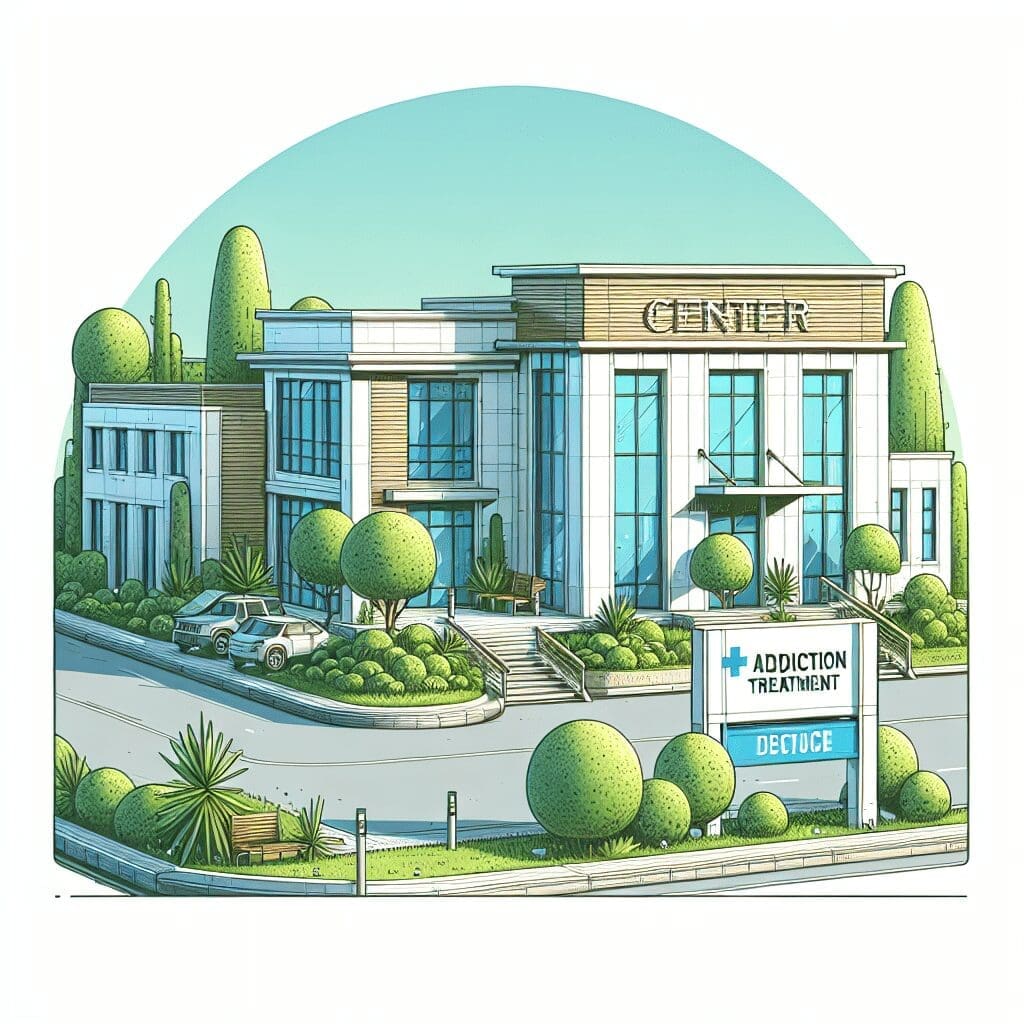

Navigating the admissions process for inpatient drug rehab centers in New Jersey with Medicaid coverage requires understanding the specific eligibility criteria and coverage details. To begin, individuals must ensure that their Medicaid plan is active and that they meet the state’s requirements for addiction treatment coverage. The initial step often involves a clinical assessment to determine the severity of addiction and the appropriate level of care.
Once eligibility is confirmed, prospective patients or their loved ones should reach out to the chosen Medicaid-approved facility to discuss the admissions process. This typically includes providing Medicaid details for verification, completing necessary paperwork, and scheduling an intake appointment. It is essential to inquire about any waiting lists, as some centers may have a high demand for their services.
Facilities may also require additional documentation, such as a referral from a physician or proof of New Jersey residency. During this time, it’s critical for patients to maintain open communication with both the rehab center’s admissions team and their Medicaid representatives to ensure all procedures are followed correctly. This collaborative approach helps streamline the process, reducing the potential for delays in admission.
Understanding Medicaid’s coverage for inpatient treatment is also crucial; this includes knowing what services are fully covered, the length of covered treatment, and if there are any out-of-pocket costs. Being well-informed about these aspects can help patients and their families prepare for the treatment journey ahead, both logistically and financially.
Transforming Lives: Success Stories from New Jersey Rehab Centers


Individuals who have gone through inpatient drug rehab centers in New Jersey that accept Medicaid often share compelling success stories that highlight the transformative power of addiction treatment. These narratives not only serve as a beacon of hope for those still struggling with addiction but also underscore the effectiveness of Medicaid-approved programs in fostering long-term recovery.
Many success stories begin with the challenge of admitting the need for help, followed by the life-changing experiences during treatment. Patients recount the supportive environment of rehab centers, where therapy and medical interventions work in tandem to address the roots of addiction. Through personalized care plans, individuals learn to develop healthy coping mechanisms, rebuild damaged relationships, and reintegrate into society with a renewed sense of purpose.
Alumni of these programs often speak of the ongoing support they receive, even after completing their inpatient stay. This may include alumni groups, outpatient services, or community resources that reinforce the lessons learned during treatment. The continuous support is a crucial element in maintaining sobriety and preventing relapse.
These inspiring stories are a testament to the possibility of recovery and the crucial role that accessible treatment options, such as those provided by Medicaid, play in the journey to sobriety. For anyone considering taking the first step towards recovery, these success stories emphasize that change is within reach and that a better tomorrow is possible.
“Yes, You Can Get Your Life Back. Contact Absolute Awakenings Today. With our trained and compassionate professionals in your corner, freedom can be yours. All it takes is you choose yourself. Choosing a better tomorrow.” Learn more at Absolute Awakenings
